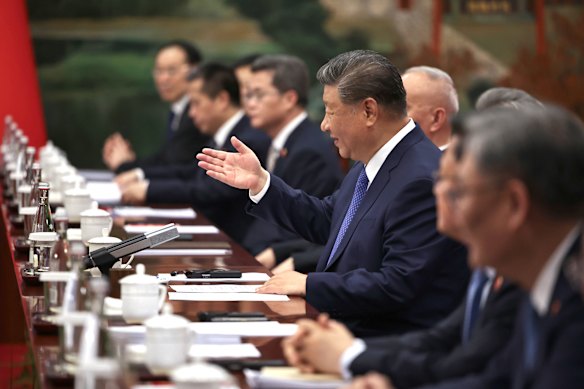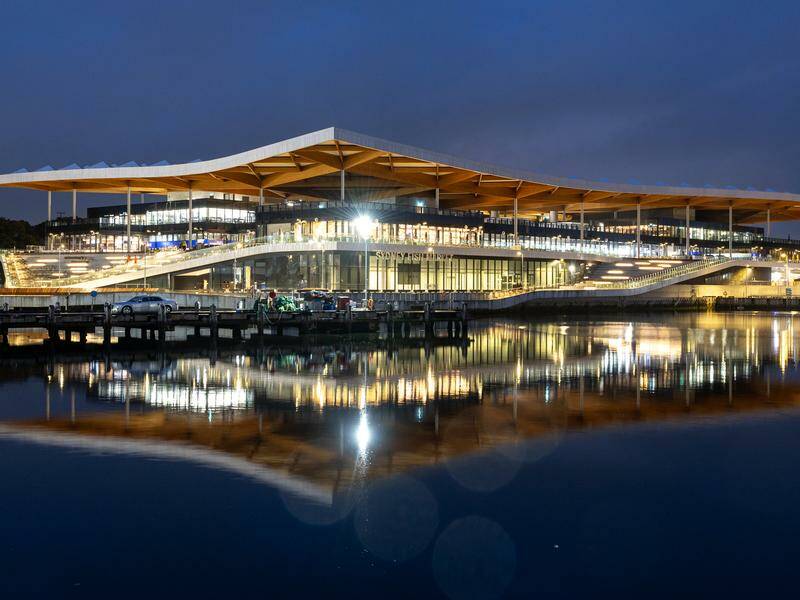
Leaders from ten nations, including Russian President Vladimir Putin and Indian Prime Minister Narendra Modi, convened in northern China for the latest summit of the Shanghai Cooperation Organization (SCO). This two-day meeting, taking place on October 15-16, 2023, in the port city of Tianjin, signals a potential challenge to the United States’ inconsistent strategies regarding trade and regional conflicts.
The SCO, which has expanded significantly since its inception in 2001, now includes a diverse membership of nations such as Russia, Belarus, China, India, Iran, Kazakhstan, Kyrgyzstan, Pakistan, Tajikistan, and Uzbekistan. Originally formed as a counterbalance to US influence in Central Asia, the organization has evolved its objectives, although these remain somewhat ambiguous. Some experts have referred to it as “the scariest grouping you have never heard of,” highlighting its growing significance on the global stage.
The dynamics among member nations are complex. Some, like Iran and Belarus, are viewed as clear adversaries of Western policies. In contrast, countries such as India, China, and Russia maintain more nuanced relationships, influenced partly by shifting US foreign policy, particularly regarding the ongoing conflict in Ukraine and fluctuating tariffs that have impacted trade with nations like China and India.
Impact on Regional Relations
The SCO summit aims to clarify the group’s objectives and activities. Historically, China has played a leading role in the SCO, leveraging its economic strength to influence regional policies. Russia, facing significant economic challenges due to Western sanctions, seeks to use the organization as a means to maintain its sway over former Soviet republics such as Kazakhstan, Uzbekistan, Tajikistan, and Kyrgyzstan.
While the alliance has facilitated some military cooperation, such as joint drills, it remains limited in scope. The addition of Belarus, Iran, Pakistan, and India reflects an effort to harness the SCO’s influence, although the true benefits of membership are debatable. For instance, Iran and Belarus have faced international scrutiny for sanctions and human rights issues, while Pakistan relies heavily on China for military support. India, on the other hand, has consistently promoted a policy of neutrality, which may serve its own strategic interests.
As discussions unfold at the summit, the outcomes could reshape the geopolitical landscape and influence how these nations interact with each other and the broader international community. The SCO’s ability to assert itself as a unified front will be critical in determining its future relevance in global affairs.
With the summit underway, leaders will address pressing regional issues, potentially paving the way for a more cohesive strategy among member states. The gathering not only underscores the shifting power dynamics in global politics but also signals the growing importance of regional coalitions in an increasingly multipolar world.






